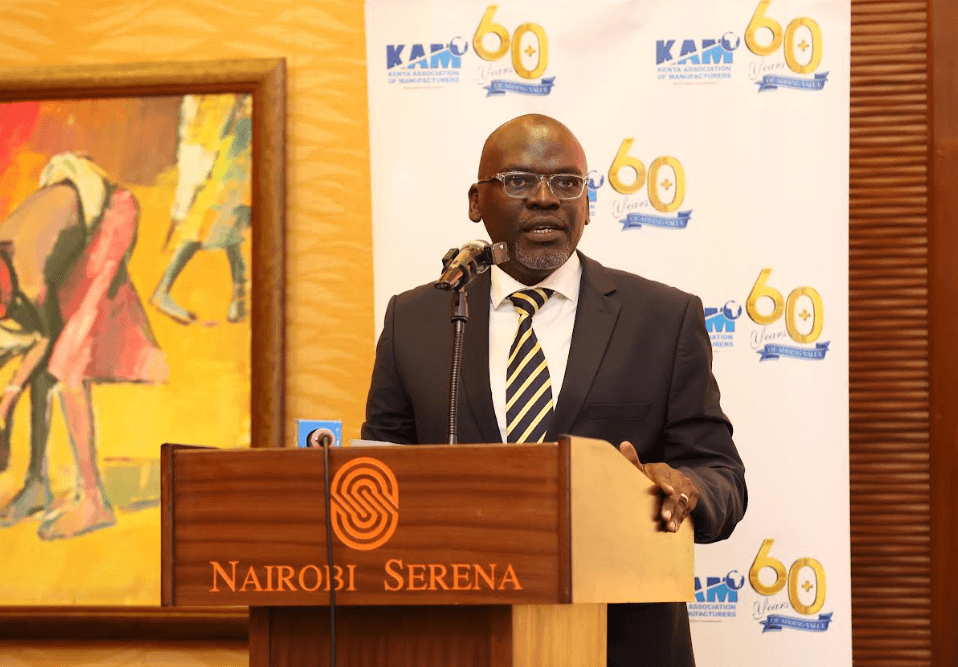
Kenyans blame the rising cost of living, widespread bribery, and government inaction for the escalating levels of corruption and unethical conduct in the country.
According to the latest report by the Ethics and Anti-Corruption Commission (EACC), 22% of respondents cited the high cost of living as the primary reason for the persistence of corruption.
Some 12.7% pointed to increased cases being reported, while 12.6% blamed bribery demands in public service delivery.
The National Ethics and Corruption Survey (NECS) 2024, released Tuesday, further shows that 10.8 per cent felt no action was being taken to curb corruption, and 9.8 per cent lamented that corruption has become a norm in public offices.
Other reasons cited for the high prevalence include high poverty levels (6.5 per cent), abuse of office, bad governance, and a lack of political goodwill to fight graft.
NECS 2024 had a target sample of 6,000 households, but a total of 5,960 households were interviewed.
The survey used clusters from the Kenya Household Master Sample Frame (KHMSF), which was developed after conducting the 2019 Kenya Population and Housing Census (KPHC).
The sampling frame is maintained by the Kenya National Bureau of Statistics (KNBS).
Some respondents, however, offered a glimmer of hope.
Among those who believe corruption is declining, 20.5% credited fewer reported cases, while 19.6% cited the implementation of anti-corruption strategies.
Others mentioned ongoing prosecutions (14.8%), increased government commitment (9.8%), and improvements in transparency and accountability (7.8%).
The data paints a mixed picture of the war on corruption in the country.
While public dissatisfaction is evident, especially due to perceived impunity and slow reforms, a section of citizens acknowledges efforts by institutions to combat the vice.
Interestingly, the survey found that most Kenyans still have faith that change is possible, but only if leaders lead by example.
Those interviewed cited four main reasons, including action being taken on corrupt individuals, reduced level of corruption, government commitment to fight corruption, and increased awareness about corruption.
These were expressed by 39.4 per cent, 11.6 per cent, 7.8 per cent and 7.3 per cent of the respondents, respectively.
On the contrary, the respondents also gave four reasons as to why the war is headed in the wrong direction.
These are due high level of corruption (41.1%), non-action on unethical conduct and corrupt acts (12.2%), high level of discrimination in public services (7.5%) and corrupt government officials (7.0%), among others.
EACC Chairperson David Oginde emphasised the need for all stakeholders, including citizens, the private sector, and government, to collaborate in fighting graft.
“I encourage all the stakeholders and citizens at large to work proactively with the commission towards promoting ethics and combating corruption in the country,” he says.
The NECS 2024 sought to measure actual personal experience and perception of unethical practices and corruption by Kenyans.
The survey generates information on the nature, extent and impact of corruption and unethical practices, which is essential in assessing the efficiency and effectiveness of the intervention measures in promoting ethics and combating corruption in the country.
NECS are conducted pursuant to the provisions of Article 254 (1) of the Constitution, Section 27 of the Ethics and Anti-Corruption Commission Act, 2011 and Section 45(1) of the Leadership and Integrity Act (LIA) 2012.
The overall aim of the survey was to establish the status of unethical practices and corruption in the country by generating data on the magnitude of unethical conduct and corruption, perceptions and actual experiences on unethical practices and corruption, awareness levels, access to anti-corruption services and effectiveness of existing anti-corruption initiatives

















